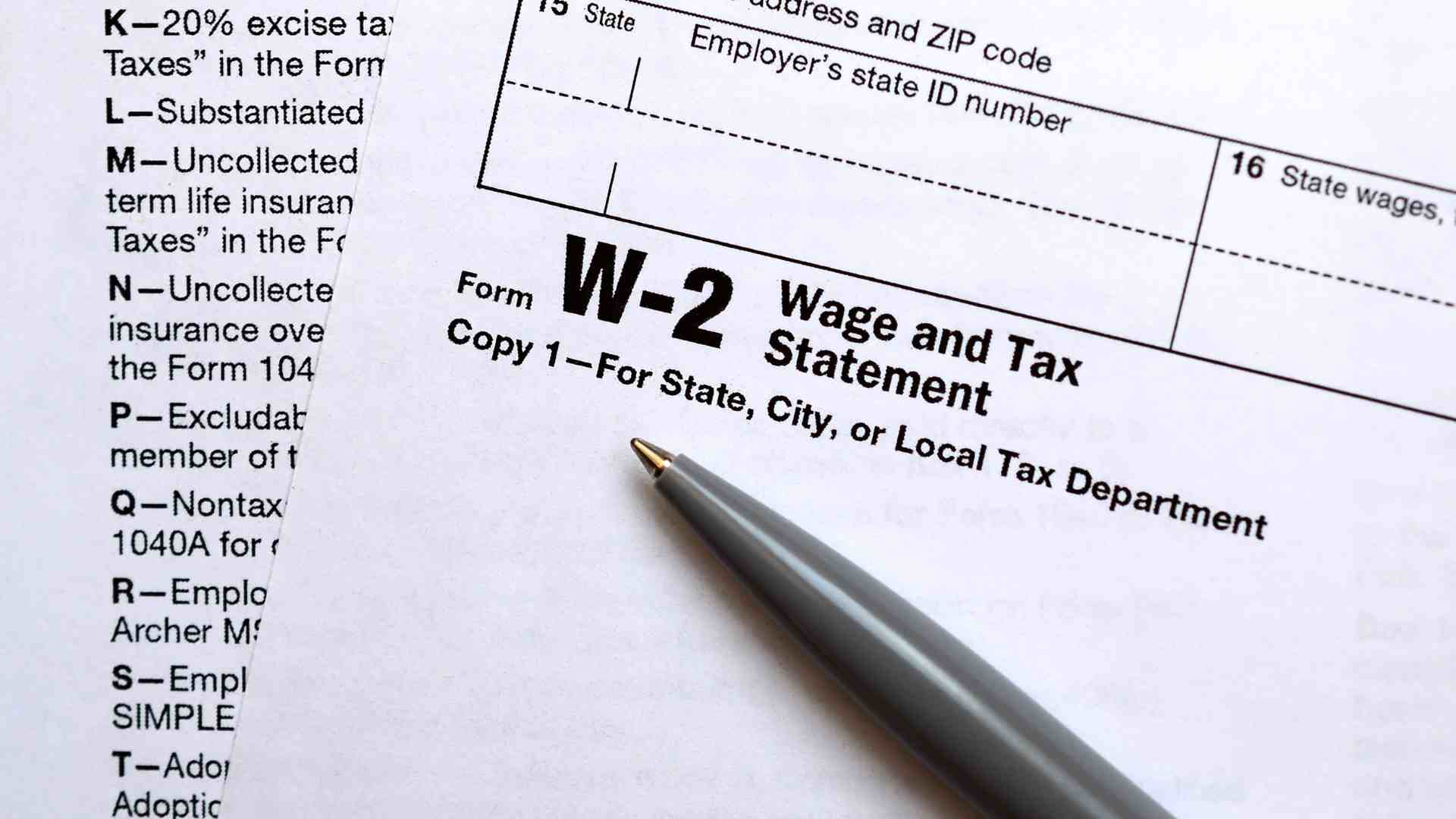Introduction
The Lone Star State has always stood out as a hub of wealth in the southern United States; oil riches transformed the state into a financial behemoth, with an economy larger than Canada’s or Italy’s and second only to California. But unlike California, Texas doesn’t have a specific tax rate covering car allowances, nor does it mandate that all employers follow a state-set mileage rate. Texas is also known for its low rate of state income tax. With so much economic activity and many square miles to cover, it’s no surprise that managers of mobile workforces would be curious about Texas’s tax laws around car allowances.
Types of car allowances permitted in Texas
Texas doesn’t have any state laws governing car allowances. Therefore, we can defer to whatever car allowance programs the federal government permits. Looking across the country, there are three popular models for car allowances.
Taxable car allowances – the lump sum model
The initial model for car allowances, which many businesses still use despite its inefficiency from a tax perspective, is the taxable car allowance, or what we might call the “lump sum” model.
As the name suggests, the car allowance is provided as a supplement to income for business use of a personal vehicle. It may be listed on a job description as a “five-thousand dollar car bonus.”
An employer may provide the entire car allowance for the year on January 1, leaving employees to manage how they spend it. Or they may disburse the car allowance payment by splitting it into increments added to each pay stub.
Other models are possible, but these are the most common configurations and what many people think about when they think of a car allowance in the first place.
The Internal Revenue Service collects cents on every dollar spent on a wasteful taxable car allowance program, and your drivers may receive an unpleasant surprise if the appropriate state, federal, and payroll taxes haven’t been withheld.
In Texas, there are no state income taxes, so you won’t have to worry about withholding state taxes from your employees’ paychecks each month other than the mandatory state unemployment insurance tax. [1] But you’ll still be handing the IRS more money than is necessary, considering how many alternatives they offer to business owners for mileage reimbursement.
Tax-free car allowances using the IRS standard mileage rate
The IRS standard mileage rate offers business owners broad coverage for mileage reimbursement, and unlike the lump sum method, car allowance payments using the IRS rate are tax-free. Any amount up to the federal cents per mile rate set twice a year by the IRS can be considered tax-free and not subject to state or federal income tax or payroll taxes.
FAVR
While the cents per mile rate is simple, it’s not the most efficient method. Fixed and variable rate payment programs, or “FAVR programs,” are newer alternatives to the IRS standard rate. They use complex calculations to cover expenses incurred when using personal vehicles for work that also account for other factors like depreciation and local fuel costs.
FAVR programs are complex to administer and design, but they are worth every penny. Any FAVR car allowance payment is free of Texas state and federal income taxes as long as it satisfies certain conditions.
Reimbursing actual expenses
The most accurate method of reimbursing employee costs for business driving is to track and reimburse the actual costs of your drivers.
This isn’t a practical method for large swathes of the market, as it requires attention to specific depreciation schedules plus correlation and verification of employee receipts. If you manage a team of any size, a great deal of extra administration is required.
The good news is that, while burdensome, this method is free of Texas state income tax and federal taxes as long as it does not exceed the standard IRS mileage rate.
Meanwhile, note that FAVR programs replicate actual expense accounting for car allowance: when setting up a FAVR program, you’ll get darn close to the real geographically-sensitive expenses your employees incur.
Criteria for ensuring car allowances stay tax-free: 'accountable' programs
Due diligence is required when dealing with the Internal Revenue Service. While the IRS offers business owners a tax break for car allowance programs, there are always forms to sign and hoops to jump through.
Car allowances and programs such as FAVR are considered “fringe benefits” by the IRS and are taxable unless they meet the IRS threshold for being an “accountable program.”
The Internal Revenue Service defines an accountable program in their Publication 5137 Fringe Benefit Guide, [2] which describes it as any program “[may be] considered an accountable plan if:
- [It demonstrates] a business connection to the expenditure.
- [It demonstrates] accounting by the recipient within a reasonable period
- Excess reimbursements or advances are returned within a fair amount of time.
Whether you use the standard mileage rate, a FAVR program, or any other method of employee mileage reimbursement, your car allowance must satisfy the above criteria to be considered “accountable” to the IRS.
Any payment under such a program is free of Texas state and federal income taxes.
The importance of documentation for accountable car allowances
Managing employee documentation for car allowance programs is critical for fleet managers. Employees must record and log each trip they make with their personal vehicle and the trip’s purpose. Also, they must provide any “documentary evidence,” such as original receipts.[3] Owners with a flair for the traditional may opt for a less complicated method for tracking employee travel, such as the good old-fashioned spreadsheet. However, these solutions become untenable when managing a large fleet of drivers across multiple states.
Mobile phone apps can lessen the administrative burden of overseeing a car allowance program. Some apps sync employee logs with geolocational data to ensure fast and precise records of business trips.
Does Texas have a state tax for car allowances?
Texas does not have a state income tax. Car allowances are always free of Texas state tax.
Texas does have one state payroll tax, known as the state unemployment insurance tax, which must be withheld. [4] Given its reputation for low taxes, it is no surprise that the Texas state governments have not set a specific tax rate for car allowances.
Determining taxable amounts on car allowances
George is a salesperson who drives around Central Texas for work, providing samples and catalogs to local distributors. He is provided $7,000 per year on top of his salary, which is $90,000 yearly. This will cover his annual car lease payment and any repairs he may require over the year.
He is provided this payment whether or not he spends the total amount of the car allowance.
Q. How much of George’s car allowance is subject to income tax in Texas?
A. The total amount of $7,000. The total amount is treated as supplementary income because it doesn’t satisfy the third requirement for an accountable program. Furthermore, this taxable payment pushes George above the federal income tax bracket of <$95,375, costing him thousands in additional tax. [5]
While these examples are provided for education, they aren’t meant to be treated as gospel. Situations will change depending on the needs of your particular business — or even your specific sector.
Some businesses will need to outsource their fleet management, and others have access to economies of scale that allow them to run traditional fleets. But for most Texas businesses, there is room for efficiency from a tax perspective. Accountants and tax strategists specializing in vehicle reimbursement taxes can help you identify weak points in your program design or administration and suggest alternatives.
Conclusion
The key takeaways on car allowances as far as Texas state taxes are:
- Texas has no state income tax, so car allowances don’t need to be withheld
- If your car allowance program meets accountability criteria, it is free from federal income tax
- A tax professional can help you design a tax-free program that saves money when compared to the IRS standard rate
Sources
[1] Payroll Tax In Texas: What Employers Need To Know [2023] | Rippling
[2] Fringe Benefit Guide | Internal Revenue Service
[3] Burden Of Proof | Internal Revenue Service
[4] Unemployment Tax Program | Texas Workforce Commission
[5] 2023-2024 Tax Brackets & Federal Income Tax Rates | Forbes Advisor
Disclaimer: Nothing in this blog post is legal, accounting, or insurance advice. Consult your lawyer, accountant, or insurance agent, and do not rely on the information contained herein for any business or personal financial or legal decision-making. While we strive to be as reliable as possible, we are neither lawyers, accountants, or agents. For several citations of IRS publications on which we base our blog content ideas, please always consult this article: https://www.cardata.co/blog/irs-rules-for-mileage-reimbursements. For Cardata’s terms of service, go here: https://www.cardata.co/terms.
Share on:



